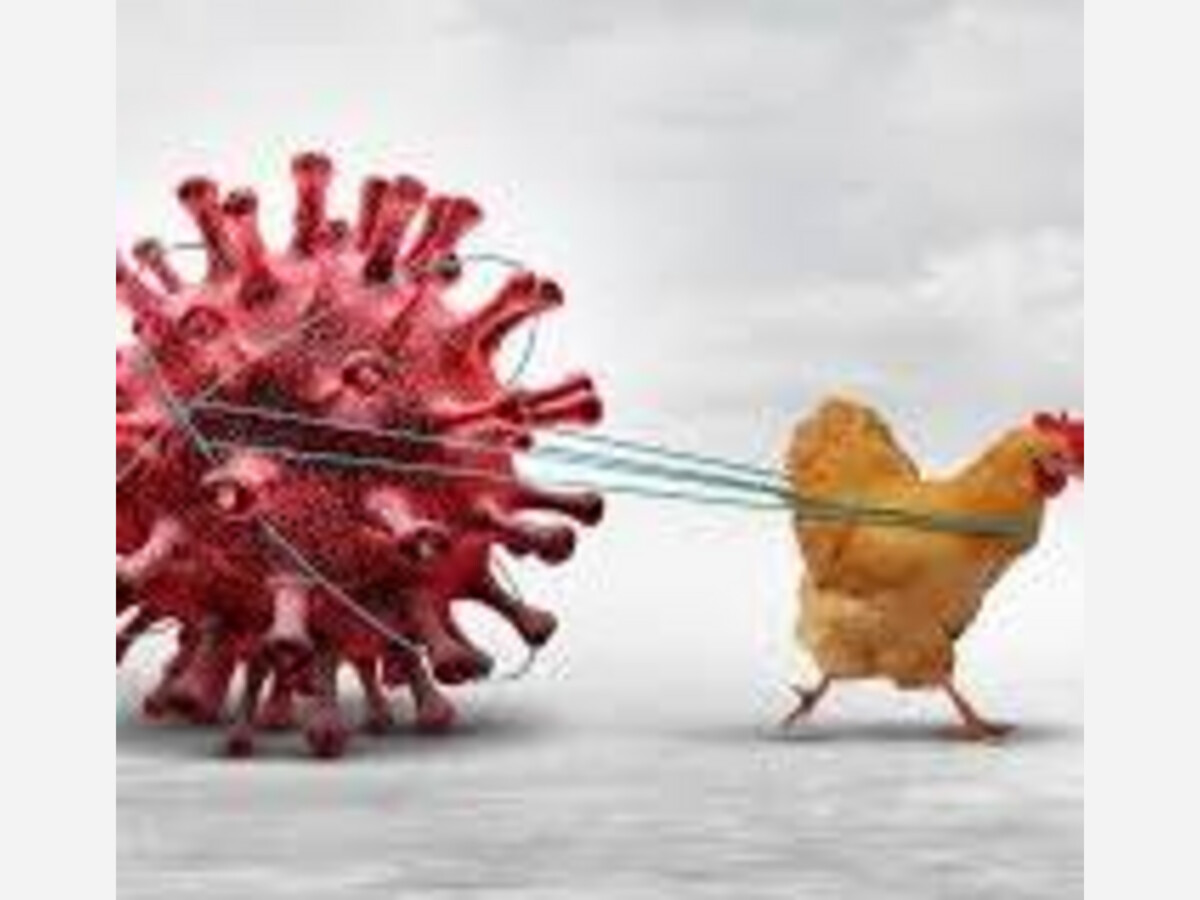Image


Recent genetic analysis of H5N1 bird flu samples from a severely ill patient in Louisiana has revealed mutations that could potentially increase the virus's ability to spread among humans. This development has sparked concerns among health officials and researchers about the evolving nature of the virus and its implications for public health.
The Centers for Disease Control and Prevention (CDC) reported that samples collected from the hospitalized patient showed mutations in the virus's genetic makeup. These changes may enhance the virus's ability to bind to cell receptors in the human upper respiratory tract, a crucial factor for human-to-human transmission12.Similar mutations were also observed in a case from British Columbia earlier this year, indicating a pattern that scientists are closely monitoring.
While the mutations are concerning, experts emphasize that the overall risk to the general public remains low24. The changes were likely generated as the virus replicated within the patient rather than being present at the time of initial infection. Dr. Angela Rasmussen, a virologist at the University of Saskatchewan, warns that the increasing number of human infections globally provides more opportunities for the virus to evolve. "We don't know what combination of mutations could lead to a pandemic H5N1 virus," she noted.
As of December 2024, the CDC has confirmed 65 cases of H5N1 bird flu in humans in the United States. Most infections have occurred in people exposed to infected poultry or dairy cows. The Louisiana case, which involved contact with sick and dead birds in a backyard flock, is the first severe human case of H5N1 in the U.S. this year1.
Health officials are implementing several strategies to monitor and contain the outbreak:
Dr. Paul Offit, a vaccine scientist at Children's Hospital of Philadelphia, cautioned against overreaction, stating that clear evidence of the virus binding well to human cell receptors has not yet been observed. Dr. William Schaffner, an infectious diseases expert at Vanderbilt University Medical Center, emphasized the need for increased attention to the situation, despite no evidence of human-to-human spread in the Louisiana case4.As the situation continues to evolve, health officials and researchers remain vigilant, underscoring the importance of ongoing surveillance and preparedness measures to address potential risks associated with bird flu mutations.